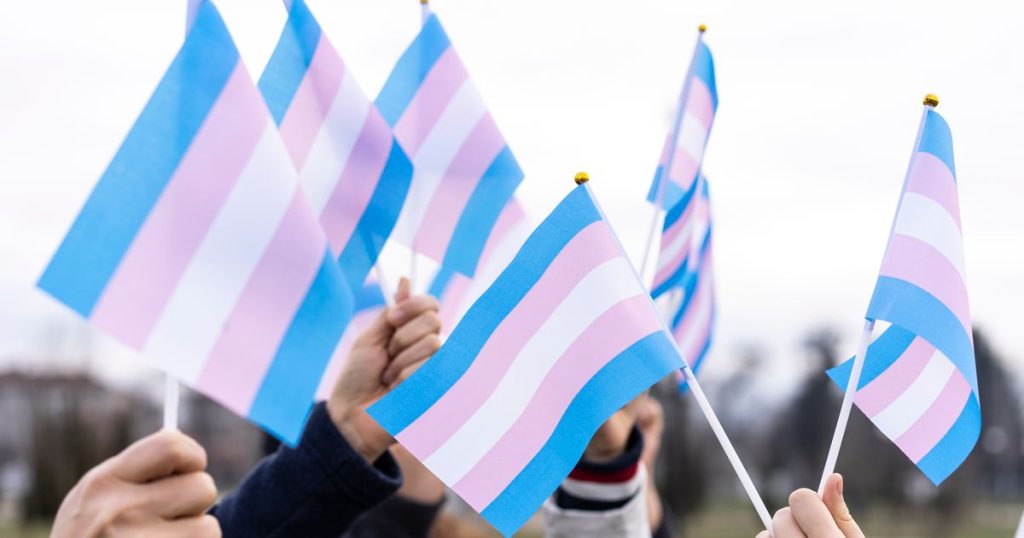The writer reflects on the historical treatment of trans people in the media, citing Jan Morris’ 1975 interview as an example of sensitivity and compassion. However, in the current media landscape, trans issues are often sensationalized and reduced to political talking points. They discuss their personal experiences of feeling constantly visible as a trans man, feeling the need to disclose their identity early on to gauge safety. The writer fears that trans visibility has made them targets of hostility, especially in the context of upcoming political events like the General Election.
In a personal anecdote, the writer recalls a radio interview where they were unexpectedly questioned about defining a “woman” instead of discussing the intended topic. This highlights the way that trans individuals are often forced to defend and explain their identities, rather than being given the space to share their own stories on their own terms. The writer expresses a desire for acceptance and respect, asking for the freedom to share their story without fear of misrepresentation or political exploitation. They emphasize the importance of decency, integrity, and compassion in discussions around trans rights and visibility.
The writer acknowledges that the media landscape has changed significantly since Jan Morris’ interview, with growing hostility towards trans individuals in public discourse. They reflect on the prevalence of transphobic remarks in social media and political rhetoric, which further contributes to their sense of hypervisibility. Despite attempts to blend in and go unnoticed, the writer feels that their trans identity follows them like an unspoken presence in every interaction. This constant visibility, coupled with the politicization of trans rights, has made them feel like a target for hostility and discrimination.
Amidst concerns about escalating transphobia and the potential for increased attacks on trans individuals in the upcoming election, the writer calls for a more respectful and inclusive dialogue around trans issues. They express a desire for their identity to be accepted and respected without being reduced to a political pawn or cultural battleground. The writer emphasizes the need for compassion and understanding in conversations about trans rights, urging for a shift towards creating safer and more inclusive spaces for trans individuals to share their stories authentically and without fear.
In their reflection on the challenges of navigating hypervisibility as a trans person, the writer highlights the importance of creating spaces that prioritize dignity, respect, and individual autonomy. They share their own experiences of feeling pressured to disclose their trans identity early on in interactions, as a way to ensure safety and gauge acceptance. The writer’s personal anecdotes underscore the need for greater sensitivity and compassion in media representations of trans individuals, as well as a call to action for more inclusive and affirming environments where trans voices can be heard and respected.


